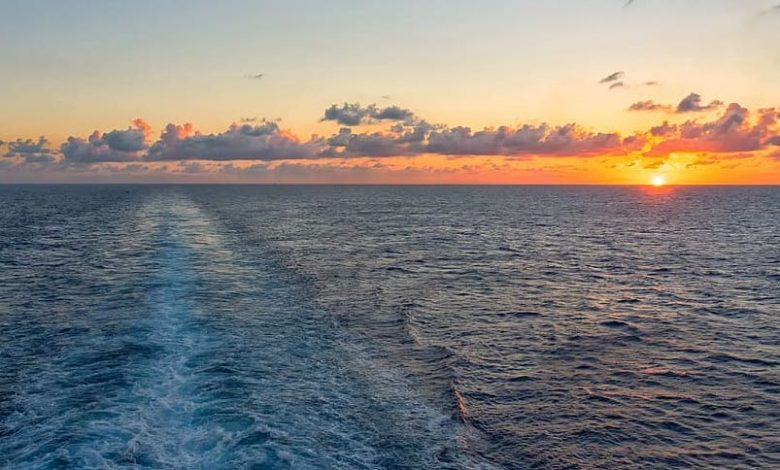Rose George: Shipping author

London: British author Rose George has just released a book taking a thorough look at the shipping industry, picking up on issues that many in our sector would prefer remained opaque.
Ninety Percent of Everything: Inside Shipping, the Invisible Industry that puts Clothes on Your Back, Gas in your Car, Food on your Plate has created quite a stir on its recent release.
George, a journalist by trade, first went on a containership in 1999, spending 10 days on the Canmar Pride. For the book she recently went on a longer trip, onboard the Maersk Kendal.
One of the things that surprised George about life onboard the Kendal was the poor internet access – the crew having to put up with dial-up twice a day via the captain’s account
“The messages were private, at least, but it was a shock to me that crew who spend nine months sometimes at sea don't have a form of communication now routinely accessible to a five-year-old,” she relates. Kendal has since installed internet, but even so nearly two-thirds of seafarers don't have internet at sea, and hardly any ports provide wifi.
Among the uplifting moments at sea was listening to the tales from the master of the ship, Captain Glenn Wostenholme.
“I was deeply impressed by his skills and love of his ship. Even more so when he told me how he had taken Kendal out of the yard, and 15 days later had rescued several Thai seafarers whose ship had sunk in dreadful stormy conditions in the South China Sea. Also, I've never met anyone who talked of the principle of the sextant with such delight,” George recounts.
George is aware that shipping is not adept at getting a better public image. The sector would do well to follow Maersk’s lead, she reckons.
“I think shipping lines and organisations can learn a lot from Maersk, which has put real effort and money into building a public profile on social media and in the public,” she says, adding: “They do it very well: they know, for example, that their Twitter accounts should have personality, not just statistics. And they back it up with informative and accessible videos. Of course, that kind of investment is expensive but I read very recently that they think they are getting a business advantage from it. I think it's a lesson the industry should think about, rather than complaining that they are misunderstood and not doing enough about it or imaginatively enough.”
Shipping lines could also look at the welfare missions such as Mission to Seafarers and Sailors' Society, who know about creating public profiles.
George’s book is critical of some aspects of shipping. She expects and indeed welcomes criticism. However, a spat last week on the forums page of the American website gCaptain left her appalled when a commenter called her a bitch for writing about acoustic pollution caused by ships.
“That was one thing,” recounts George, “But then for the official Twitter account of gCaptain to say "what do u expect when you open a book on shipping by writing about rape and murder": that was disgraceful. So it's OK to call me a bitch because I write about a well-known case of rape at sea?” George says relating the sad case of Safmarine cadet Akhona Geveza.
“Some people will not like that I have written about sexual harrasment at sea, or acoustic pollution, or the delinquent behaviour of certain flag registries,” admits George, before adding: “But all those things happen and until they are confronted and addressed rather than denied, they will continue.”
For those keen to buy the book, it’s available here. [10/09/13]
